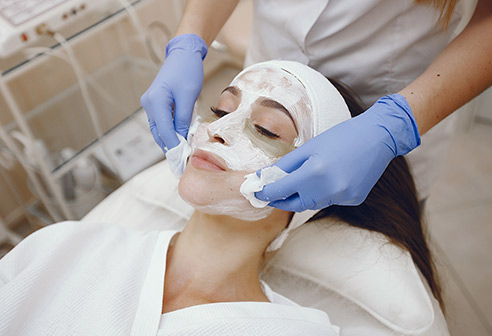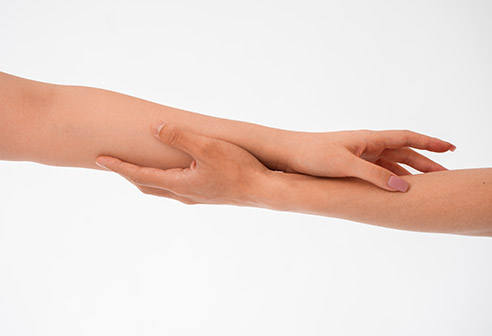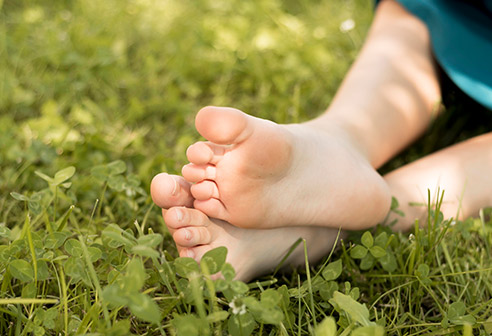
Medical skin care is a treatment performed with medical methods to maintain skin health and treat skin problems. This treatment is carried out by dermatologists. In medical skin care, treatments are applied to reduce imperfections such as skin spots, acne scars, wrinkles, and pigmentation problems.
What is Medical Skin Care?
It is a professional treatment performed to eliminate aesthetic imperfections, improve skin health, reduce signs of aging, and get rid of skin problems. This treatment is performed by expert aestheticians in clinics. It is applied for issues such as scars and spots, wrinkles, and uneven skin tone.
How is Medical Skin Care Performed?
- First, your hair is pulled back from your face with a band, and makeup on your skin is removed.
- Appropriate products to be used are determined considering your skin type.
- The skin is cleansed with a gel/foam cleanser. Then, exfoliation is performed to remove dead skin cells.
- Steam application is done via devices. This ensures that cleansing and nourishing substances have a greater effect on the skin.
- Milia and blackheads are removed with medical tools.
- Serums determined according to the person's age, gender, and skin needs are applied to the skin with massage.
- Serums containing vitamins and minerals are used to support the skin barrier, and a sunscreen solution is applied to the skin.
Importance of Medical Skin Care
Regular medical skin care is important for opening pores, removing blackheads, and cleansing the skin of excess oil and sebum. In daily life, the skin is excessively exposed to external factors; sebum, oil, and dirt accumulate again at regular intervals. Regular medical skin care maintains your skin's balance.
How Often Should Medical Skin Care Be Done?
Based on skin analysis results and the physician's assessment, a care routine should be created according to the skin type and its needs. Medical skin care is generally recommended to be applied every 15 to 45 days.
Things to Consider After Medical Skin Care
- Cleanse Your Skin Gently: Your skin may become sensitive after treatment. Therefore, avoid rubbing your skin vigorously, wash it with a gentle cleanser, and use products that prevent irritation.
- Use Moisturizer: Use a light moisturizer suitable for your skin type to maintain your skin's moisture balance.
- Protect from the Sun: To protect your skin from the harmful effects of the sun, always apply a broad-spectrum sunscreen.
- Drink Plenty of Water: After treatment, drink at least 2 liters of water per day.
- Avoid Touching and Makeup: Do not touch your skin excessively or apply makeup for the first few days after medical skin care.
- Eat Healthily: Foods rich in antioxidants, omega-3 fatty acids, and vitamins support skin health and contribute to faster healing after treatment.



